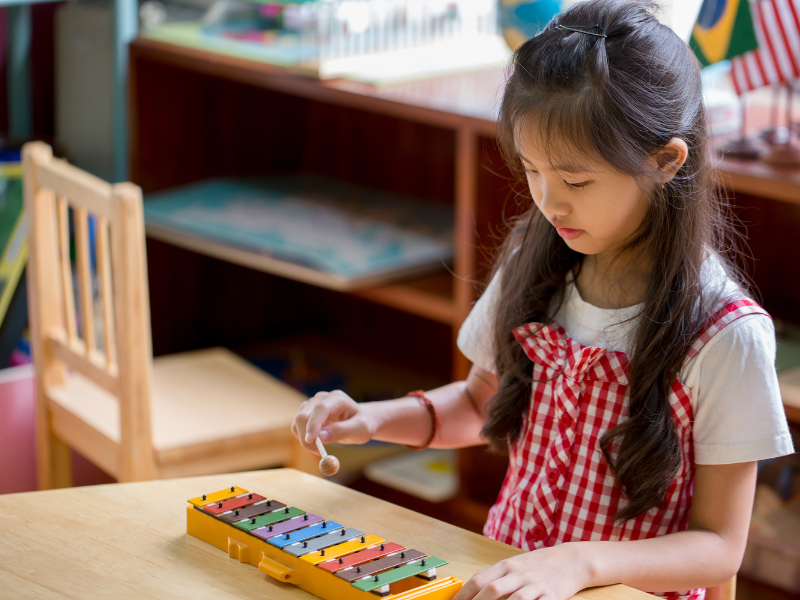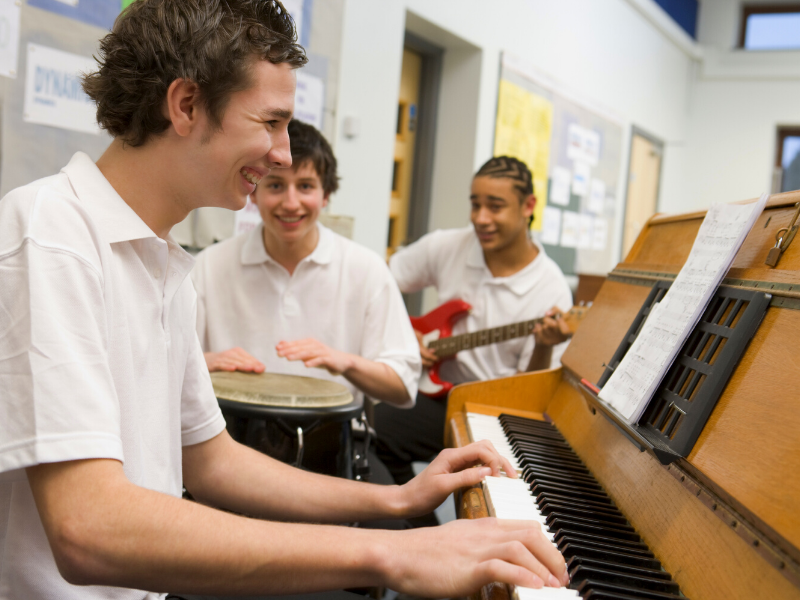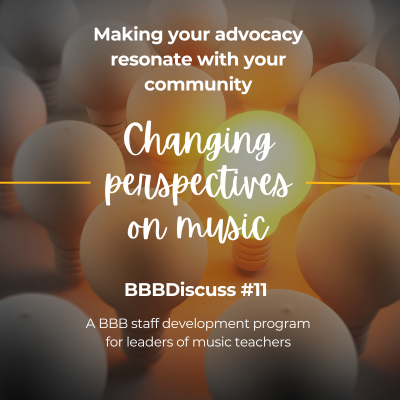
Research Updates

Here at Bigger Better Brains we believe that through educating yourself, you can then educate and affect positive change in your community.
With all of the research in the field of neuromusical science, our BBB Research section serves as a content hub for you. We regularly share findings and break down the latest research to educate and inspire discussion. We hope you enjoy this page on our website and share BBB news with your colleagues, parents and students.
Are neuroscientists causation happy?
Prof Schellenberg compared 114 articles about music training and brain development and then analysed the titles and abstracts for the inference of causational (one action causes another) findings and correlational (a connection between two things) findings.
Are all studies created equal?
Periodically the research community completes a systematic review, sometimes known as a literature review, of a given area of research.
Musical tastes can predict personality traits and political leaning
Do you have similar musical tastes to your friends? How about your work colleagues? Do you think musical tastes tell us anything else about a person? This study thinks it might when it compared musical taste with political leaning.
Would you want to know your musical potential?
Here is one hell of a tricky question – if your musical potential, meaning your likelihood of being successful at learning music (whatever that really means) could be measured, would you want to know?
How playing the drums changes the brain
In this recent study, drummers were researched because “Most people can only perform fine motor tasks with one hand and have problems playing different rhythms with both hands at the same time,” but, “Drummers can do things that are impossible for untrained people.”
What happens when one twin practises and the other doesn’t?
Talk about a great experiment. Researchers in Sweden surveyed 83 sets of monozygotic (identical) twins to find 10 pairs who fit the following criteria – only one sibling in each pair currently played a keyboard instrument (piano, organ, keyboard) and within the pair, a difference in total hours of music practice was at least 1000 hours.
Music Learning Helps Learning Difficulties
The ‘Music Learning Helps Learning Difficulties’ series consists of three information documents to provide you with the research behind how music learning helps a particular area of learning.
Why studying music and the brain is so fascinating, and so difficult
Studying how the brain processes music and how music changes the brain has fascinated neuroscientists for almost 30 years. But these two types of studies, how the brain processes music and how music changes the brain, are also very difficult.
What makes a musical prodigy?
Is it nature or nurture? Is it biological, magic or a quirk?
It is never too late to start learning piano
Research into music learning has found that, while it is a great activity for physical, cognitive, emotional and social development during childhood, it can be just as impactful to learn a musical instrument when we are adults.
Challenge your brain with different music!
This study looks at how our brains engaged with familiar and unfamiliar music. Turns out our brains sustains engagement with music that is unfamiliar.
Listening to music we prefer gets us more connected to ourselves
Why do we prefer different types of music? Why isn’t there just one type of music that everyone likes? The answer may be that we only get connected with our true selves, the part of our brain that is full of our thoughts, through music that we choose for ourselves.





















